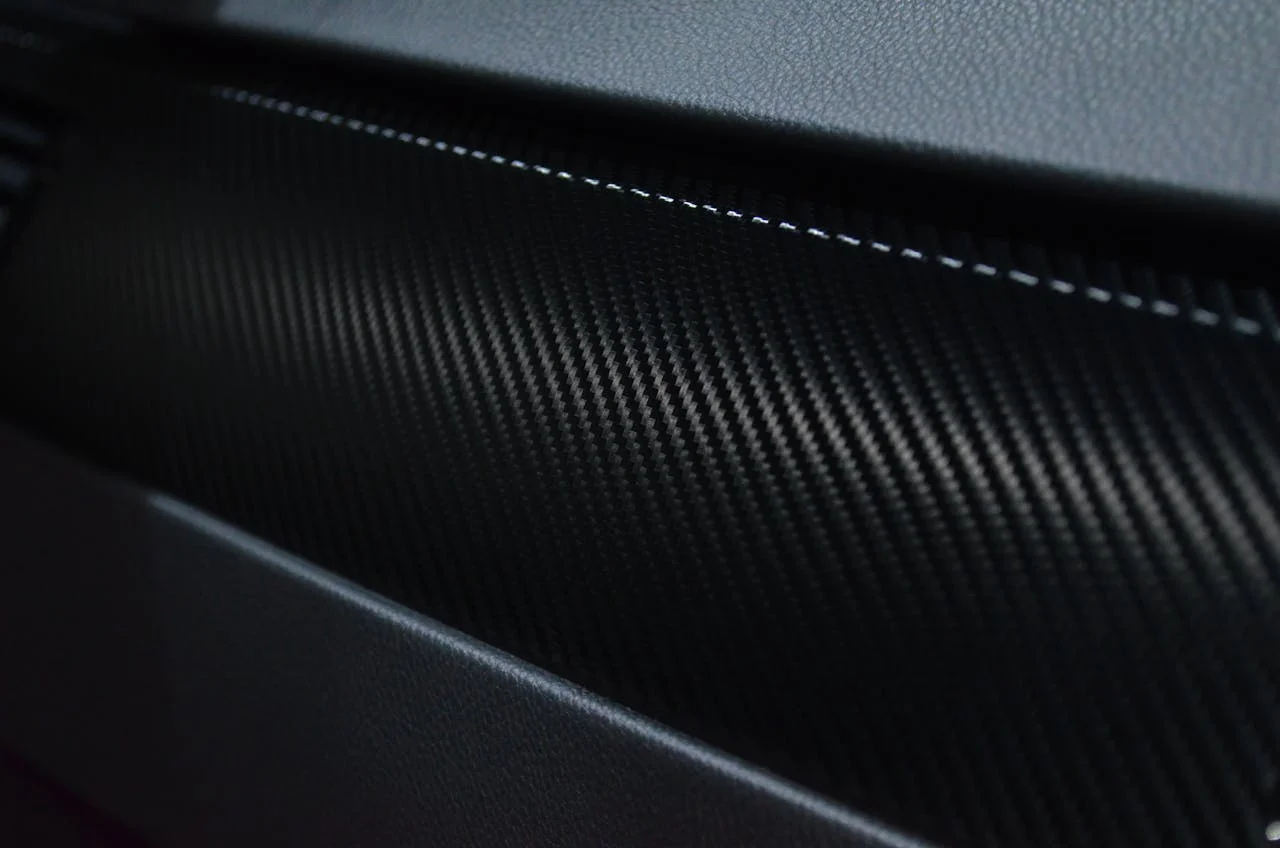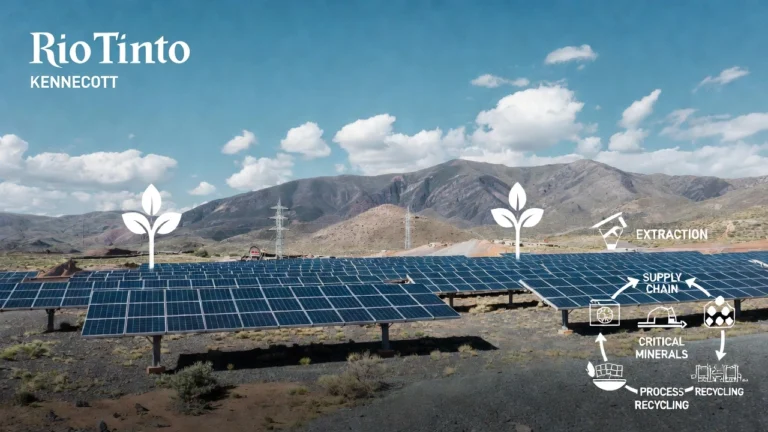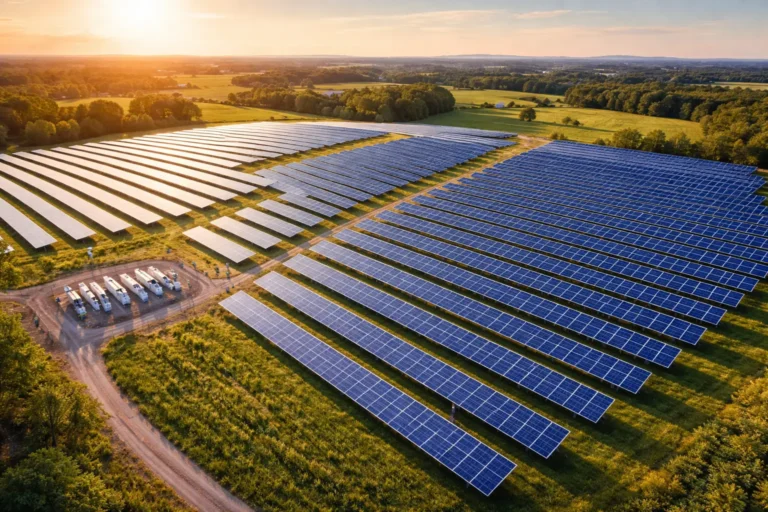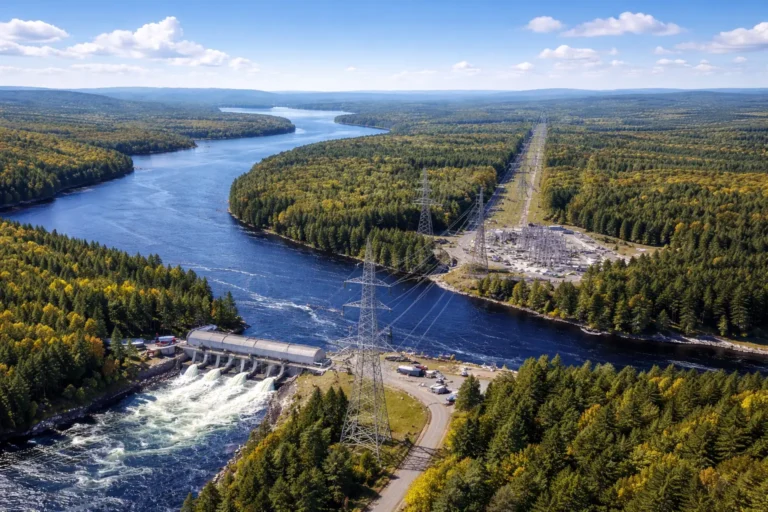
Rio Tinto will install carbon-free aluminium smelting cells at its Arvida smelter in Québec, Canada, using the first technology licence from the ELYSIS joint venture. This investment supports the development of the ELYSISTM technology and helps Rio Tinto gain expertise in its installation and operation.
Rio Tinto will design, engineer, and build a demonstration plant with ten pots operating at 100 kiloamperes (kA). The plant will be part of a new joint venture with Rio Tinto and the Government of Québec, through Investissement Québec, investing $179 million (CAN$235 million) and $106 million (CAN$140 million) respectively, for a total of US$285 million (CAN$375 million).
The facility will use the same technology successfully demonstrated at the ELYSIS Industrial Research and Development Center in Saguenay—Lac-St-Jean. This pilot operation is a critical step towards full-scale industrialization of the ELYSISTM technology.
The plant will produce up to 2,500 tonnes of commercial quality aluminium per year without direct greenhouse gas emissions, with first production targeted for 2027. It will be located adjacent to the existing Arvida smelter, utilizing the current alumina supply and casting facilities.
Rio Tinto Aluminium Chief Executive Jérôme Pécresse said: “This investment will strengthen Rio Tinto’s position in low-carbon, responsible aluminium in North America with our hydro-powered smelters and recycling capacity. Deploying the ELYSISTM carbon-free smelting technology is a key step in our strategy to decarbonize and grow our Canadian aluminium operations. This investment will allow Rio Tinto to gain expertise in this new technology, while ELYSIS continues its R&D to scale it up.”
Québec’s Minister of Economy, Innovation and Energy, Pierre Fitzgibbon, said: “ELYSISTM is a disruptive technology for the industry, and thanks to Québec expertise, we are the first in the world to produce GHG-free aluminium. This innovation has unprecedented benefits for our aluminium sector, which is a world leader.”
Canada’s Minister of Innovation, Science and Industry, François-Philippe Champagne, said: “Canada has what it takes to be the global green supplier of choice. Our collaboration with Rio Tinto on low carbon aluminium projects like ELYSISTM ensures Canada stays at the forefront of tomorrow’s economy while focusing on carbon reduction goals. This is a win for Canadian industry, our cleantech ecosystem, and our workers.”
ELYSIS joint venture partner Alcoa has the option to purchase a portion of the aluminium produced over the first four years at the Arvida plant through an offtake agreement.
The joint venture is continuing its R&D program to scale up the ELYSISTM technology and has completed larger prototype 450 kA cells at the end of an existing potline at Rio Tinto’s Alma smelter. ELYSIS has begun commissioning these industrial prototype cells, with start-up set for 2024.
This announcement is authorized for release to the market by Andy Hodges, Rio Tinto’s Group Company Secretary.










